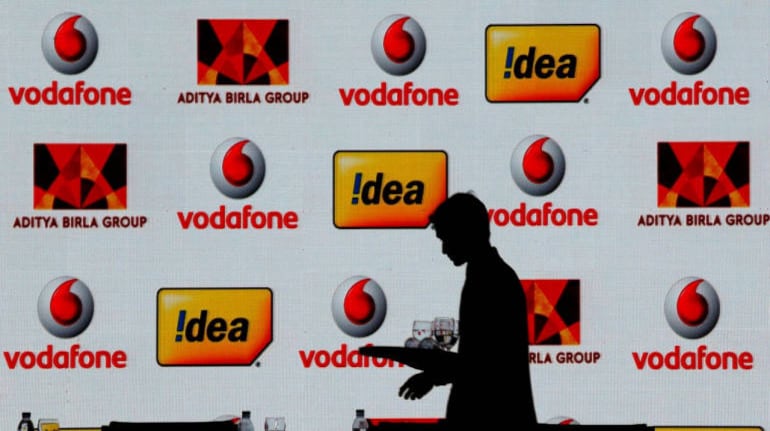



On June 9, 2014, barely two weeks after Narendra Modi took oath as the Prime Minister after the Bharatiya Janata Party (BJP) stormed to power in the Lok Sabha polls, then President Pranab Mukherjee in his address to Parliament’s both Houses spelt out the new government’s economic task sheet.
This contained features that stood in noticeable contrast to some of his own measures. Mukherjee’s speech was sprinkled with a critical evaluation of policies of the previous government, including some he had piloted in his earlier role as the finance minister.
Mukherjee said the new government will “embark on rationalisation and simplification of the tax regime to make it non-adversarial and conducive to investment, enterprise and growth.”
He also said that the government will create a policy environment “which is predictable, transparent and fair.”
This was being seen as an oblique critique of the previous government’s controversial policy to impose a ‘retrospective tax’, which had fuelled fears of an uneasy business environment for foreign entities.
In March 2012, in the budget for 2012-13, then finance minister Pranab Mukherjee introduced amendments in the Income Tax Act empowering authorities to tax companies for acquiring assets in India even if the deal was concluded overseas, retroactively from April 1, 1962.
According to these rules, which have come to be known as the ‘Retrospective Tax’, any asset which is registered or incorporated outside India shall be deemed to be situated in India if the assets ‘substantially located in India’.
From May 28, 2012 onwards, when the 2012 Finance Act was assented to by then President Pratibha Patil, question marks loomed over every merger and acquisition (M&A) deal involving an Indian company or asset and a foreign entity.
The retrospective tax snowballed into a political rallying point of sorts with the BJP-led National Democratic Alliance (NDA) while in opposition described it as “tax terrorism”, a measure that it promised to reverse if voted to power.
In the Modi government’s first budget presented in July 2014, then Finance Minister Arun Jaitley sought to soothe investors’ frayed nerves by stating that the tax will be “exercised with extreme caution and judiciousness keeping in mind the impact of each such measure on the economy and the overall investment climate”.
The government promised not bring about any fresh cases of retrospective tax and “committed to provide a stable and predictable taxation regime that would be investor friendly and spur growth”.
On August 5, Finance Minister Nirmala Sitharaman tabled the Taxation Laws Amendment Bill in Lok Sabha, seeking to bury the ghosts of retrospective tax nine years after it came into force.
"The Bill proposes to amend the Income-tax Act, 1961 so as to provide that no tax demand shall be raised in future on the basis of the said retrospective amendment for any indirect transfer of Indian assets if the transaction was undertaken before 28th May, 2012,” Sitharaman said in a written statement along with the Bill.
In the period beginning 2012 until now, there was also this lurking fear in cross-border deals that tax authorities could draw parallels between Vodafone's acquisition of Hutchison Whampoa’s telecom assets in India in 2007. It paid $11 billion for 67 percent of Hutchison Essar.
A Cayman Islands-registered arm of Hutchison received the payment from Vodafone.
India’s Income Tax (I-T) department, in September 2007, issued notices to Vodafone saying it was liable to pay taxes on the transaction. The I-T department’s argument was that the Cayman Islands transaction was essentially a transfer of an Indian asset and, therefore, Vodafone should have deducted tax (often called withholding tax) when it paid Hutchison for the deal.
Vodafone contested it in courts on the basis that no tax was due in any event as the deal was concluded in the Cayman Islands.
In January 2012, the Supreme Court ruled in Vodafone’s favour, holding that tax authorities do not have jurisdiction on an overseas transaction, thus setting aside a Bombay High Court judgment asking the company to pay income tax of Rs 11,200 crore.
Shortly thereafter, the government introduced amendments in the Income Tax Act.
Vodafone had since initiated arbitration proceedings under the India-United Kingdom and India-Netherlands Bilateral Investment Protection Agreement in connection with the tax demand.
In his book ‘The Coalition Years 1996-2012’, Mukherjee had wondered, with a discernible tinge of sarcasm, why “despite the angst that my proposal generated at that time, and even now, both from within my party and outside, I wonder why every succeeding finance minister in the past five years has maintained the same stance”.
The government’s decision to reverse this, after seven years in office, may have been precipitated by recent judicial reverses, particularly in the case of Cairn Energy.
Last month, the Arbitral Tribunal ordered freezing of Indian assets in Paris, and asked India to pay Cairn an award of $1,232.8 million plus interest and $22.38 million towards arbitration and legal costs.
Discover the latest Business News, Sensex, and Nifty updates. Obtain Personal Finance insights, tax queries, and expert opinions on Moneycontrol or download the Moneycontrol App to stay updated!
Find the best of Al News in one place, specially curated for you every weekend.
Stay on top of the latest tech trends and biggest startup news.